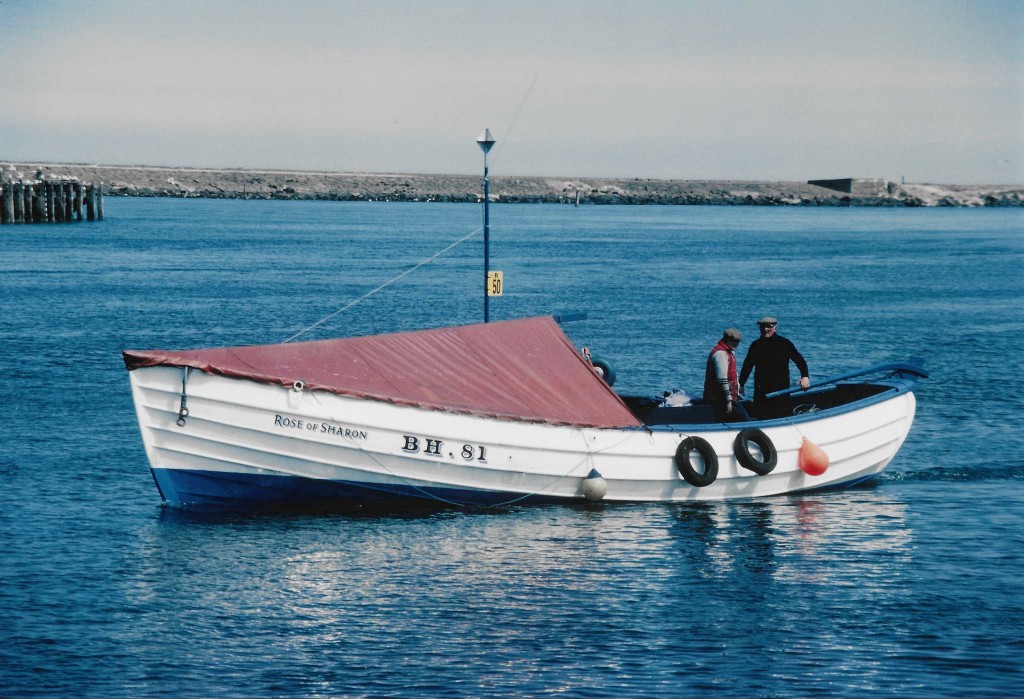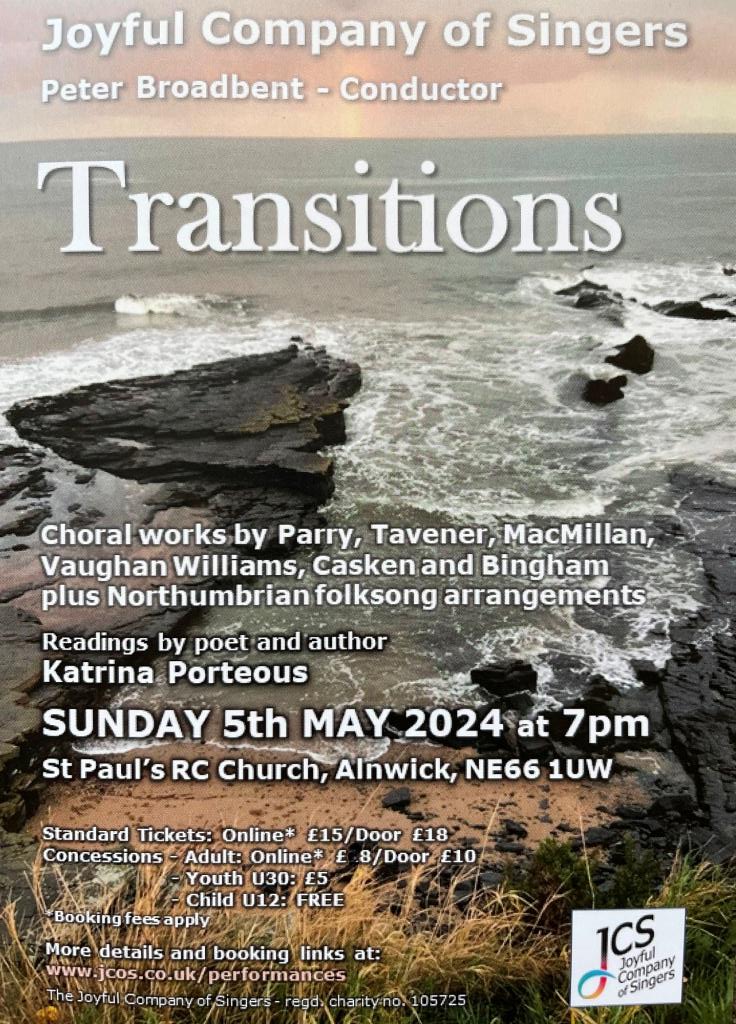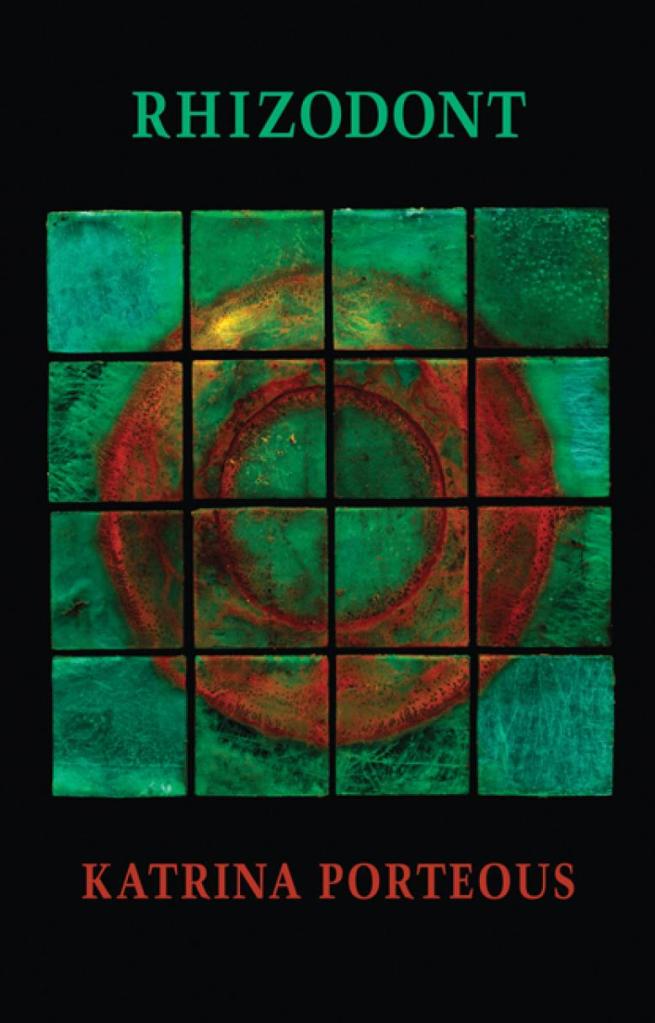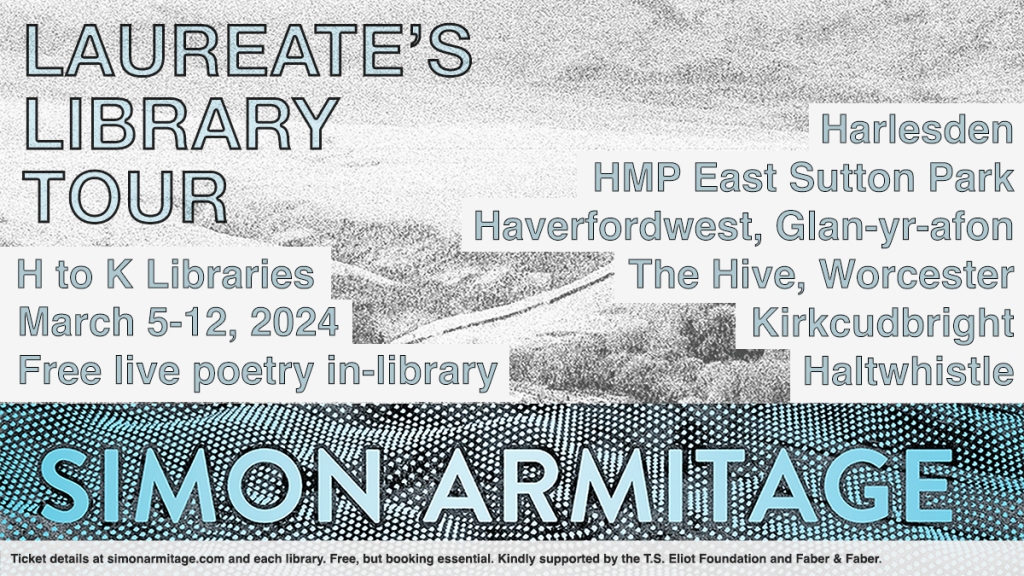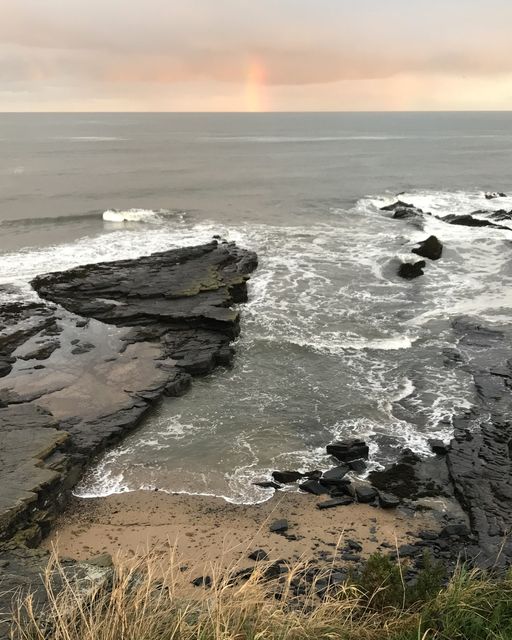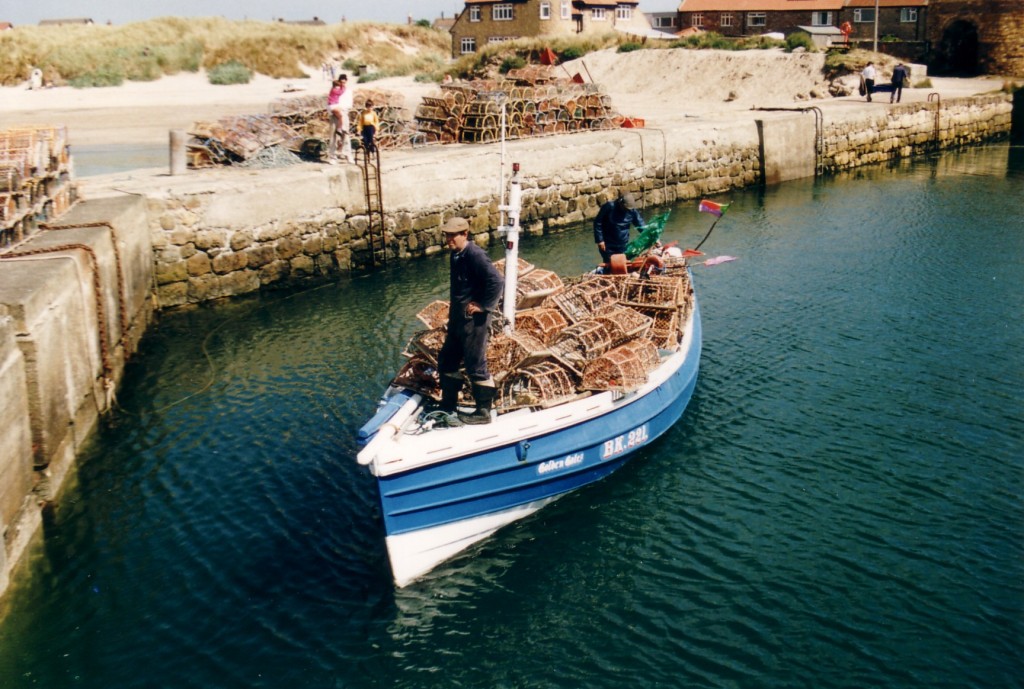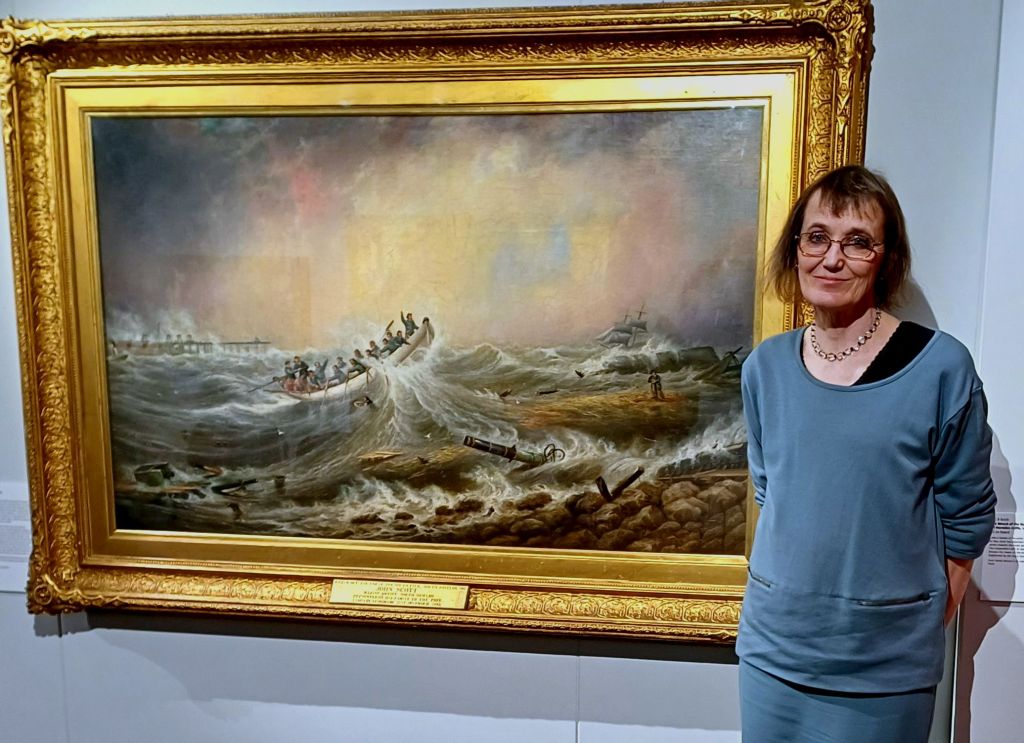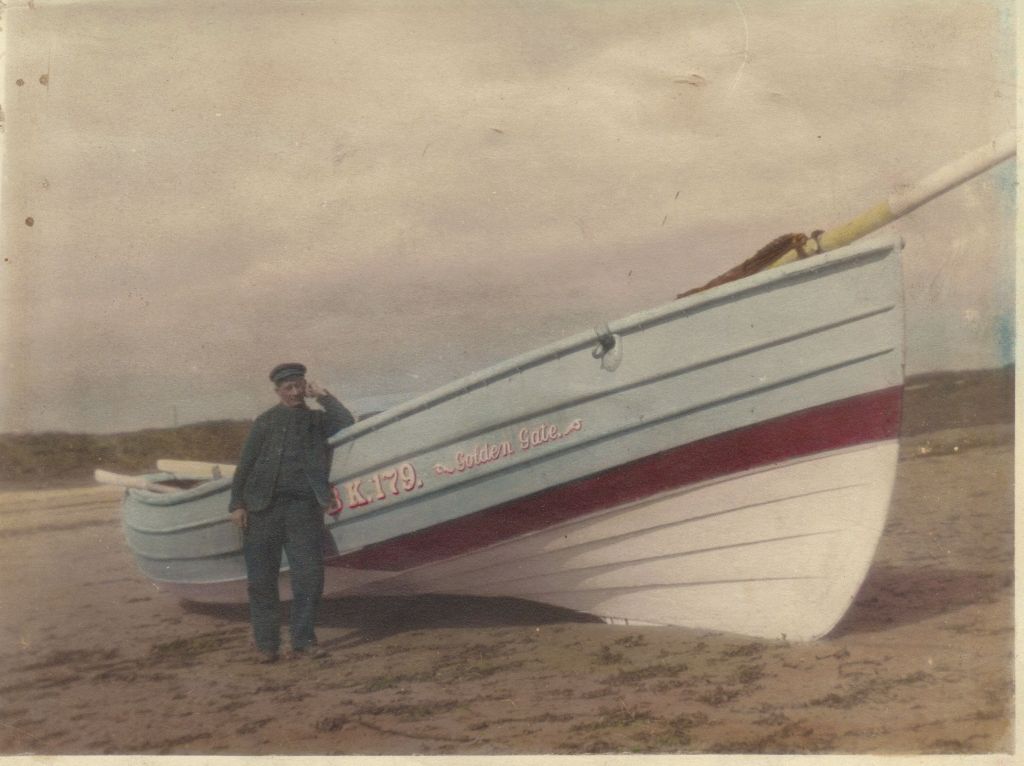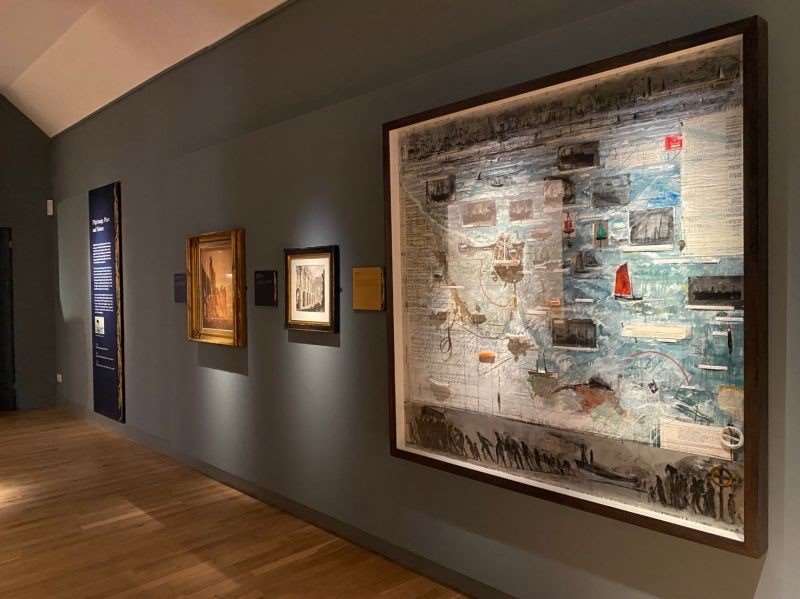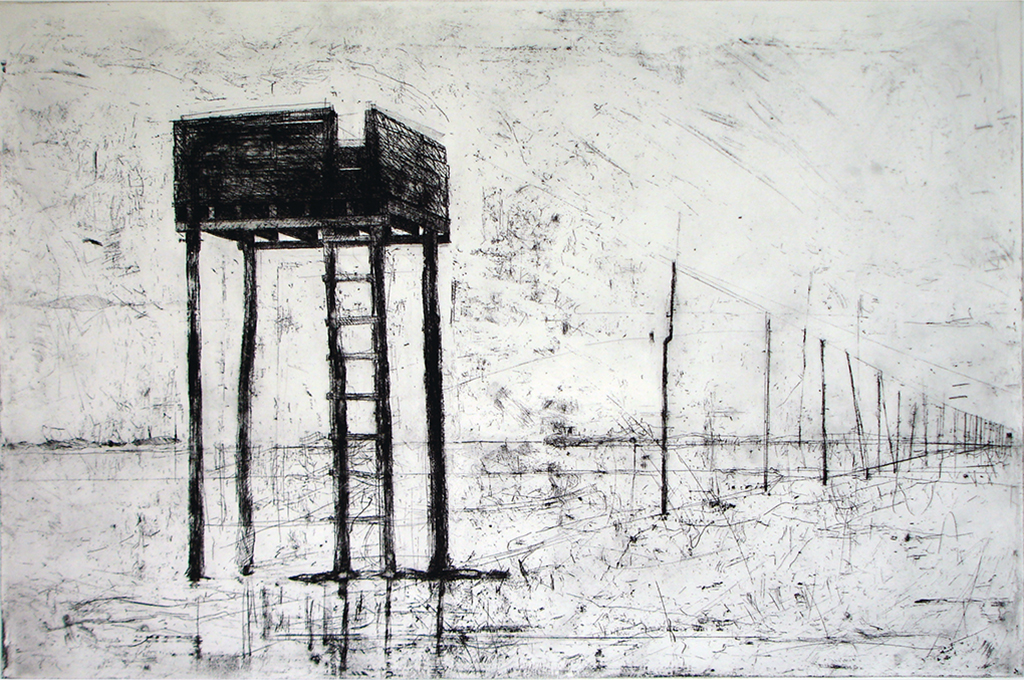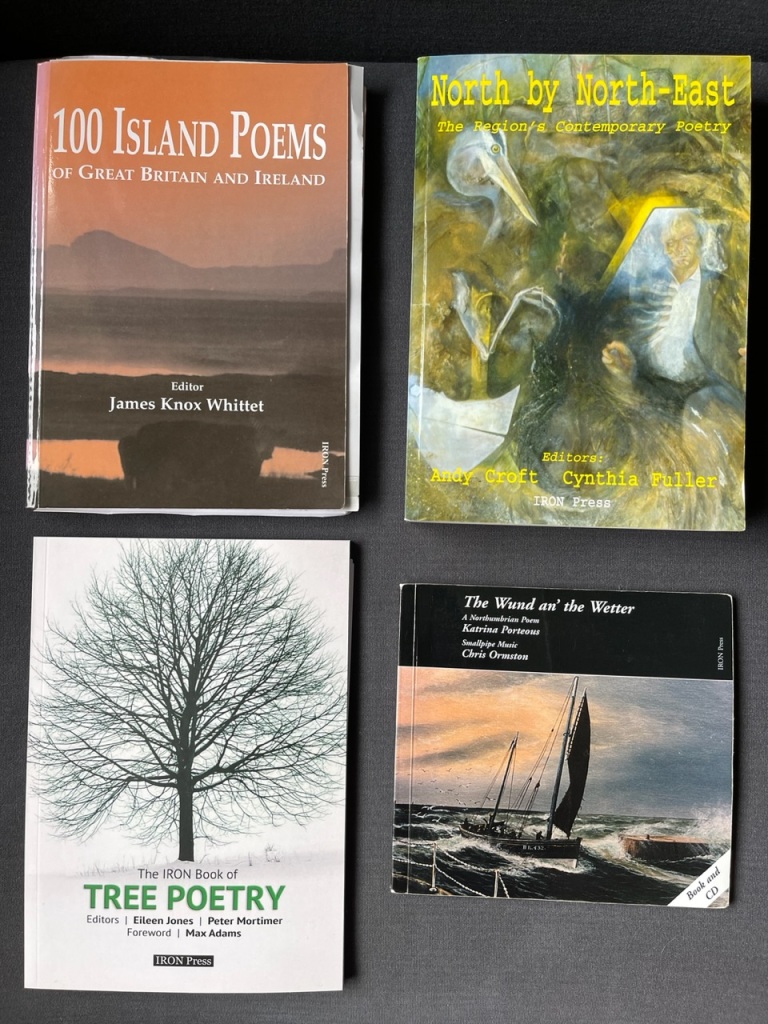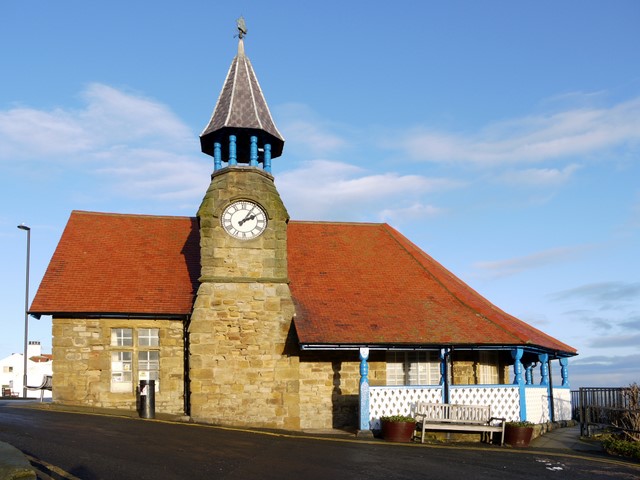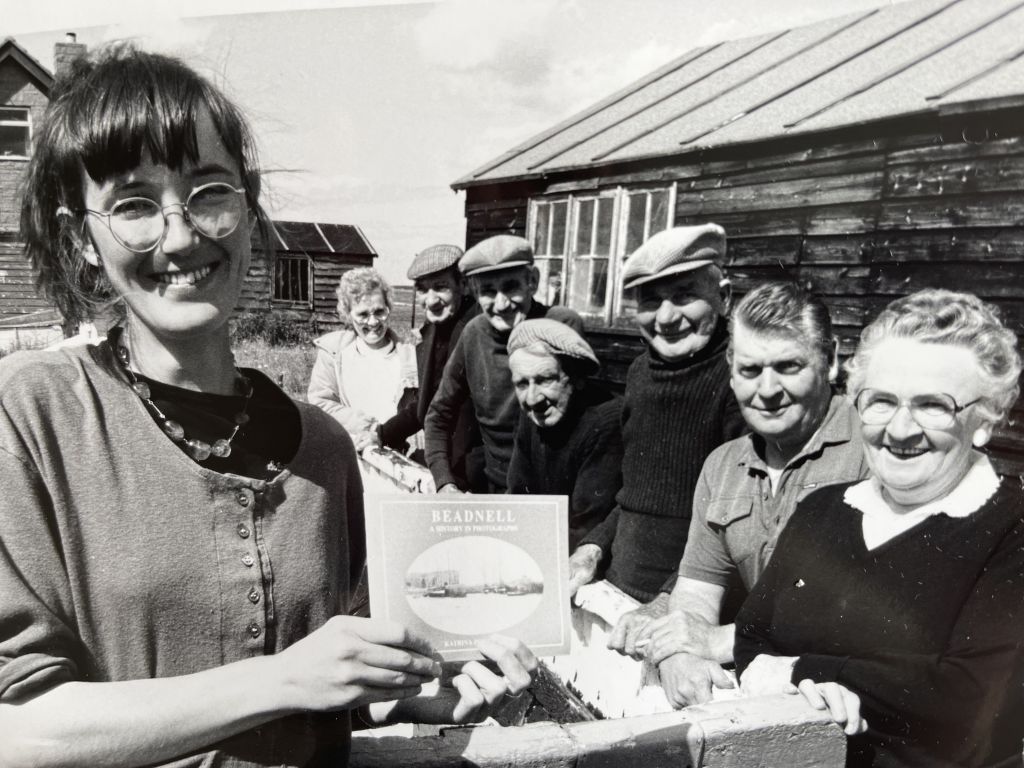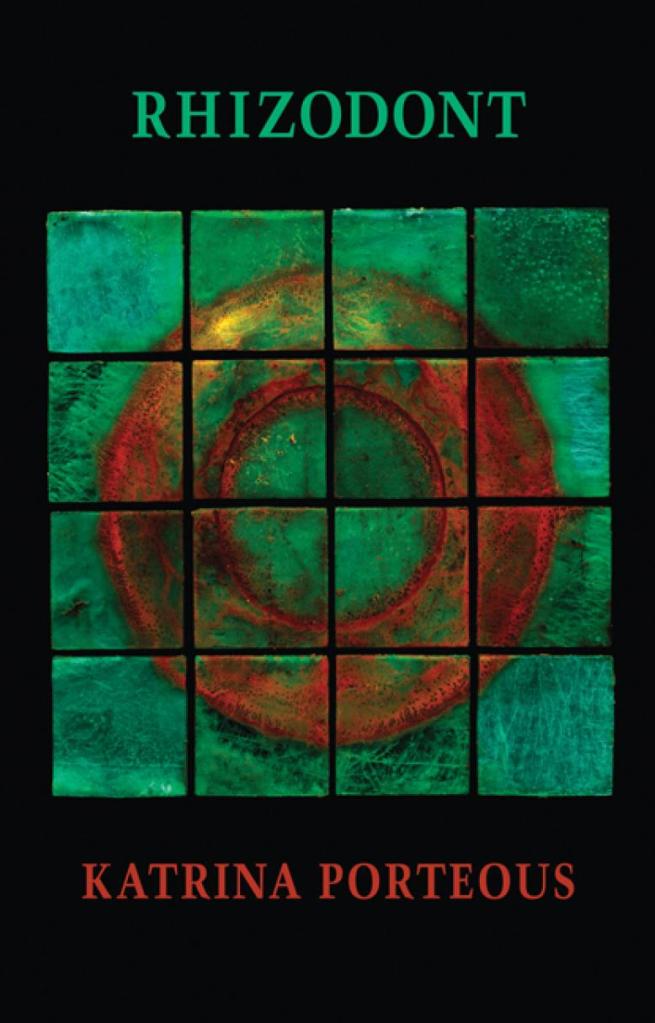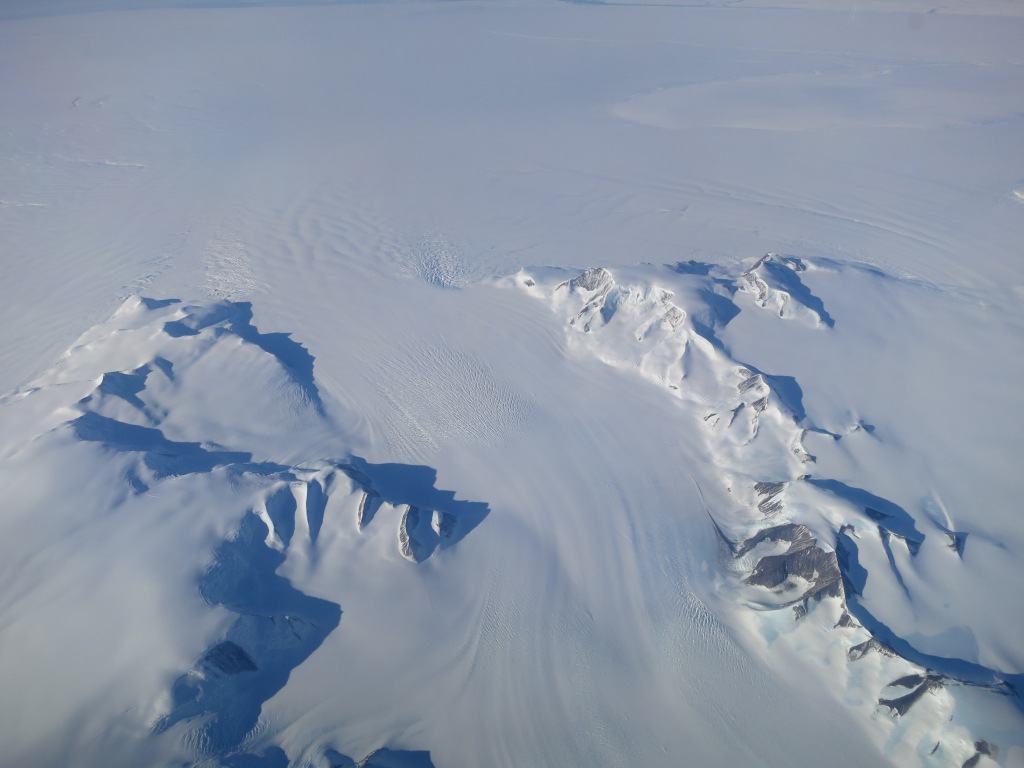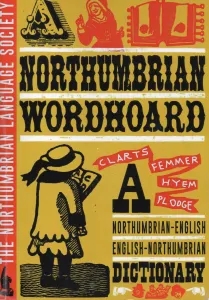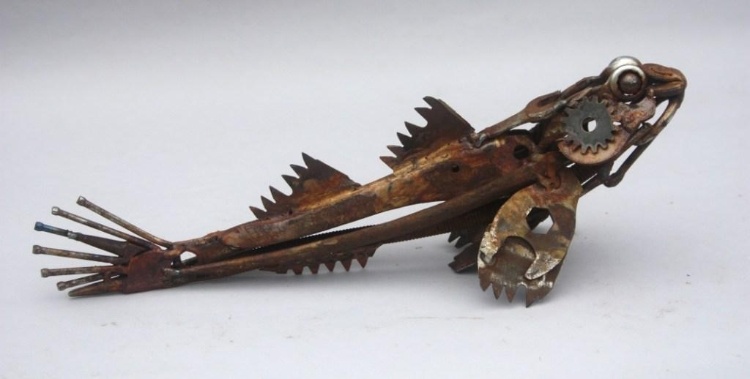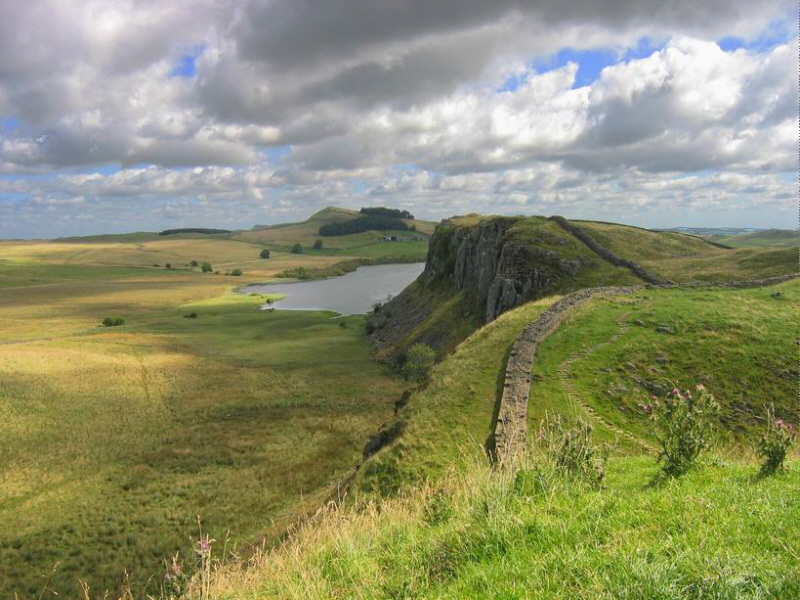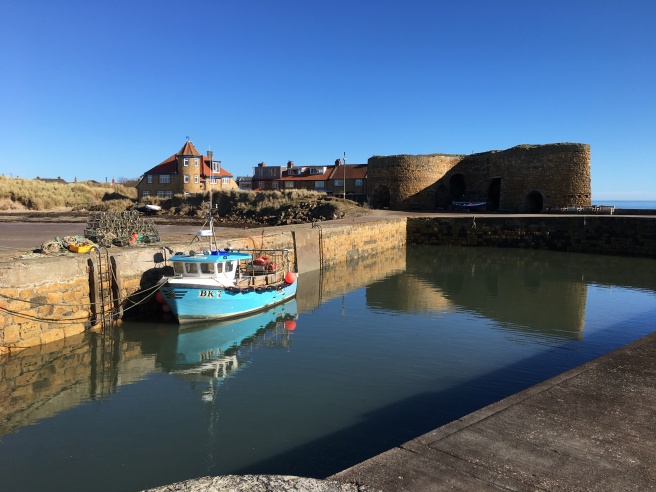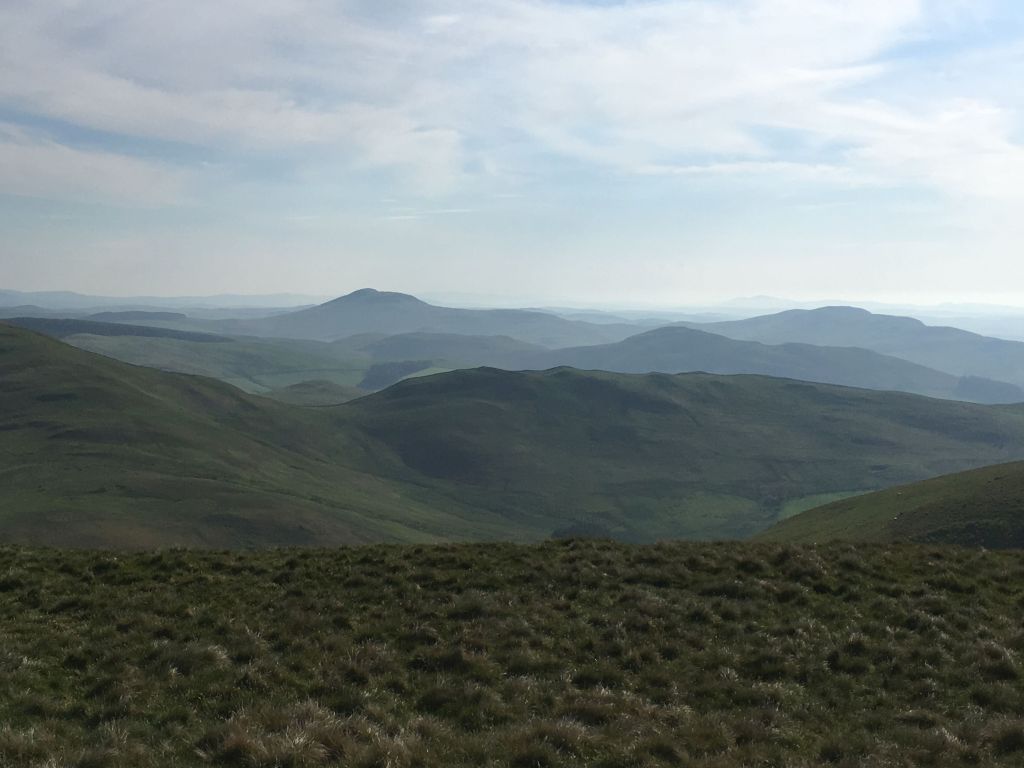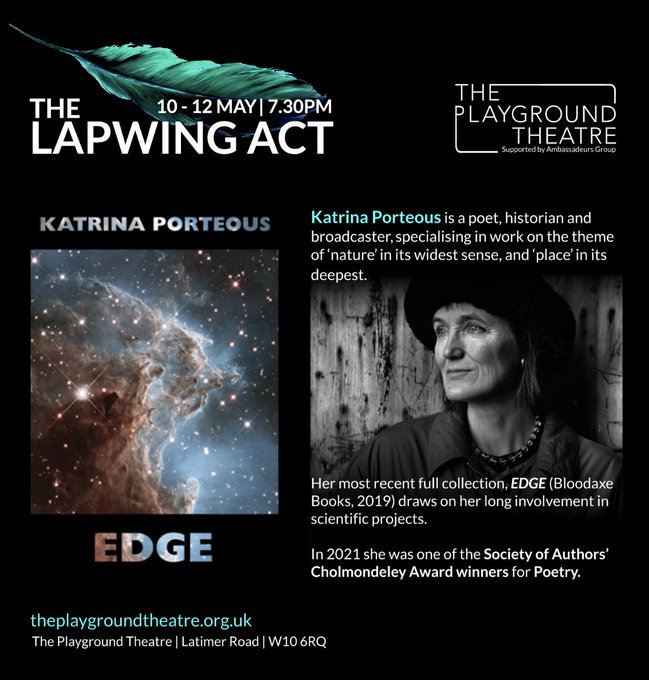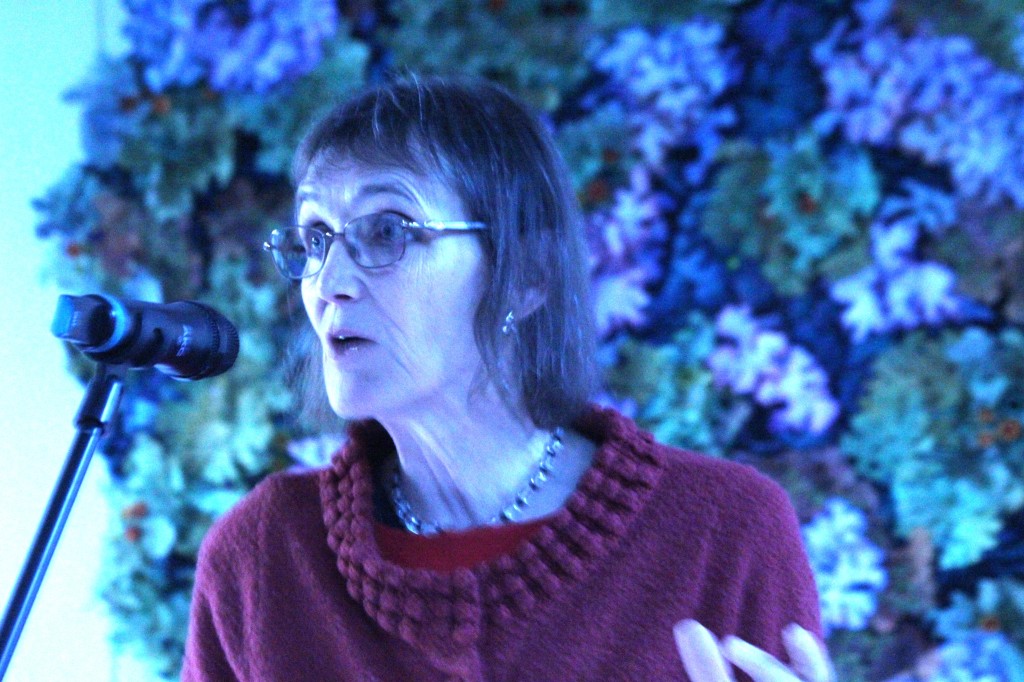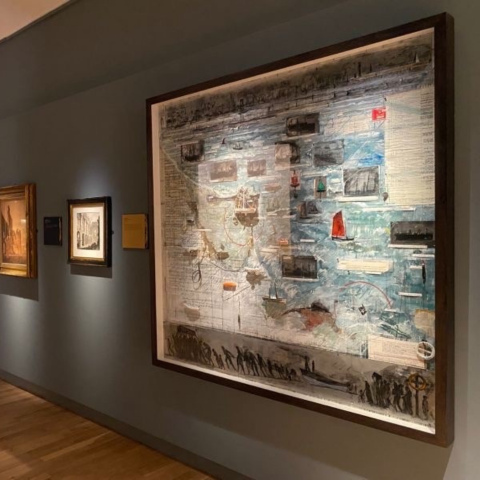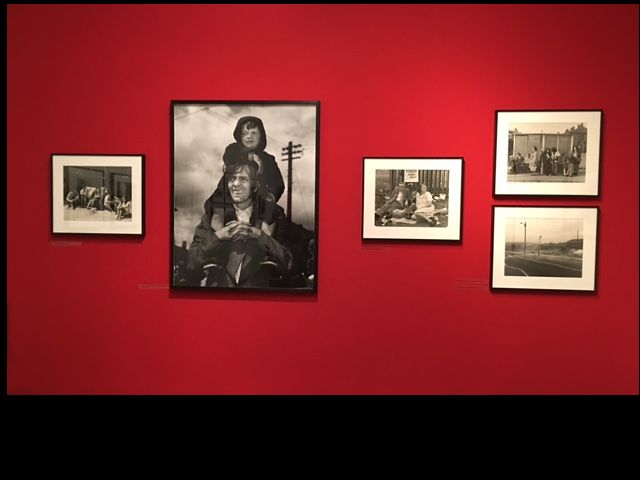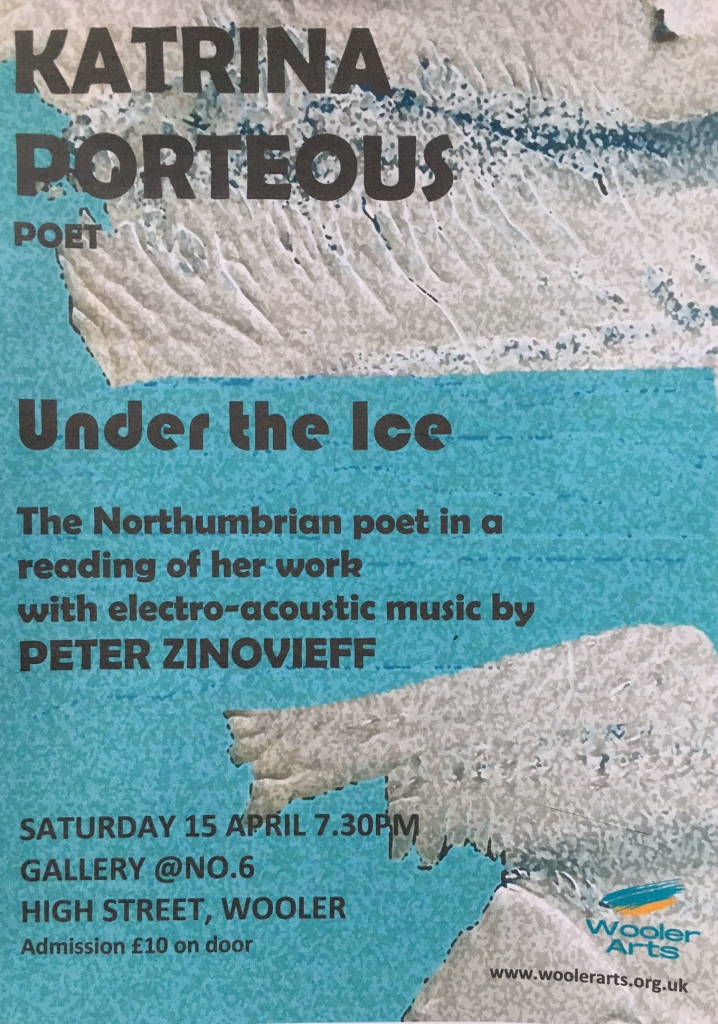Singing Joyfully in North Northumberland
St Paul’s RC Church, Alnwick, NE66 1UW
Sunday 5th May at 7pm
The award-winning Joyful Company of Singers, one of Britain’s leading amateur choirs, is touring North Northumberland this spring. Directed by Peter Broadbent MBE, who formed the choir in 1988, they sing in Wooler on Saturday 4th May and in Alnwick on Sunday 5th May. Their two concerts are related but different, adding Northumbrian flavours to a musical menu of choral works about the sea, voyages of many kinds and life’s transitions.
The choir performs Transitions at St Paul’s RC Church, Alnwick on Sunday 5th May at 7pm. The centrepiece of the concert is Wooler-based composer John Casken’s Uncertain Sea, interleaving two of my poems – one featuring the words of the late Redford Armstrong, an Amble fisherman, in Northumbrian dialect – to evoke the sea and those who brave its dangers.
John Casken says, ‘The powerful sea images of Katrina’s wonderful poems have drawn from me music that I count as some of my most personal.’ But it is not my words but the fishermen’s own which are most moving. If you click HERE, 27 minutes into this talk, you can hear Redford Armstrong’s voice, which I recorded 30 years ago. Here he is in his coble, Rose of Sharon, in the 1980s, in a beautiful photograph by an unknown photographer (please contact me via this site if there are any credit or copyright issues. Thank you).
I will join Joyful Company of Singers in their Alnwick concert to read some new and old work interspersed with the choir’s pieces. This will include poems from my forthcoming Bloodaxe collection, Rhizodont, which explores the deep history of the Northumberland coast, human and natural.
As well as John Casken’s music, other composers include James MacMillan and John Tavener – the choir performs his Song for Athene, which made such an impact at the funeral of Diana, Princess of Wales. On a lighter note, both concerts include choral arrangements of folksongs related to the sea by Vaughan Williams, and Northumbrian folk-song settings by W G Whittaker – Newcastle-born friend and walking companion of Holst and Vaughan Williams – and Derek Hobbs, formerly head of music at Ashington High School and arranger of Singin’ Hinnies.
All are welcome to the Joyful Company of Singers’ concerts.
Full concert details and tickets HERE.
Rhizodont
The ‘rhizodont’, whose name means ‘rooted teeth’, was a fearsome three-metre-long predatory fish which first appeared around 377 million years ago and became extinct 310 million years ago. A creature of swampy lakes, it belonged to a family of lobe-finned fishes which are the ancestors of all four-limbed vertebrates, including humans. The lobe-finned fishes’ transition from water to land was one of the most significant events in vertebrate evolution. A rhizodont’s fossil has been found in Carboniferous strata from around 330 million years ago at Cocklawburn on the Northumberland coast.
Transition is a central theme of Rhizodont, my new poetry collection from Bloodaxe, published on June 27th. The book is in two parts. The first, ‘Carboniferous’, is a journey through the sedimentary landscapes of England’s North-East coast. The poems begin in the former coal-mining communities of East Durham, where the Carboniferous strata lie buried deep beneath newer rock, and travel north, to the shores of Northumberland just south of Berwick-upon-Tweed. Along the way they explore places and communities in transformation: the mouth of the Tyne, the former coal port of Amble, and the fishing and former quarrying and lime-burning settlements of Beadnell and Holy Island. The poems consider these places against a backdrop of geological time.
Book II, ‘Invisible Everywhere’, is arranged around two long sequences written in collaboration with scientists, and considers aspects of the latest waves of industrial and technological revolution, in particular technologies which extend human senses and reasoning in completely new ways. The first sequence, ‘Ingenious’, explores the remote sensing techniques, robotics and autonomous systems which allow humans to interact with hazardous environments, such as outer space. These poems consider the implications of data-based technologies and artificial intelligence, and the understanding of complex systems, as new ways of thinking about the Earth and its ecology.
The closing sequence, ‘Under the Ice’, focuses on the most inaccessible reaches of our planet, Antarctica, and the unseen worlds beneath its miles-deep ice. These poems explore in detail how the same remote sensing technologies and data analysis are used to understand more about our planet’s systems, in particular its climate, and its patterns of change.
In the background to all the poems in Rhizodont is the notion that the generation born in the decades immediately after World War II occupies a unique place in history, straddling the transition from analogue to digital technologies. Like the lobe-finned fishes, we have crawled from one ‘world’ into another. At different scales the poems in Rhizodont explore these changes, by which – like living creatures – communities, languages and cultures may flourish, evolve or become extinct.
Rhizodont contains work written over the last ten years. You can pre-order it HERE. I’m extremely grateful to all the scientists, naturalists, organisations and individuals who have helped make it possible. With special thanks to editor Neil Astley, cover designer Pamela Robertson-Pearce, and Newcastle-based artist Paul Kenny for his wonderful cover image, ‘Mapping the Strandline – Sea, Metal, Plastic, 2016’.

